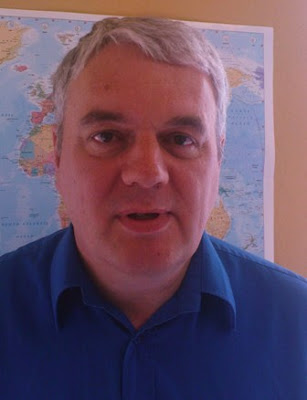And so our course for this autumn has drawn to a close. I would like to thank everyone for their participation and assistance in offering the course at the Parish Centre, Blessington. At the final session last night a number of participants received a Certificate of Completion, having participated for the 5 evenings of the course. All others received an acknowledgement of the sessions they had attended and credits towards a Certificate in the next course.
It has been wonderful to meet and share faith and reflections in Blessington. I wish to thank Fr. Tim for inviting us into the parish and who supported the venture, offering encouragement and direction. Special thanks must go to Ann, Betty, Fiona and everyone in the Office who gave tremendous assistance in so many different ways, from the survey at the start to the Awards at the very end. If I have ommitted anyone, please accept our special thanks too.
This has been a pilot project and we all have learned much in the course of the past five weeks. Please God we will be back in Blessington again in the not too distant future. Fr. Tim is thinking of Lent 2010 already! Now there's forward planning for you.
Godbless and keep you always. Hopefully we can all answer a little more clearly now the question posed by the course title - "Where is your God?" -
Fr. Joe Cullen, Mrs Eileen O'Brien, Fr. John Littleton, Ms. Christine Clear


